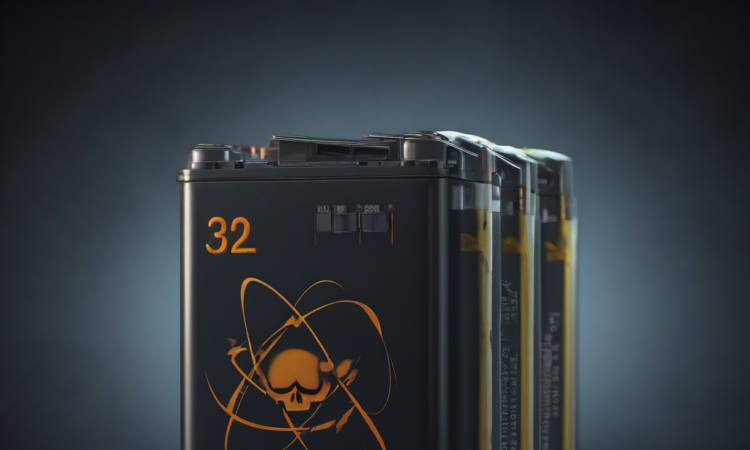Introduction
As the world continues to rely on technology, our need for sustainable energy sources grows exponentially. One innovative solution that has been gaining attention is nuclear batteries. These devices convert radioactive isotopes into electrical energy, offering a long-term solution for power storage. In this article, we’ll delve into the world of nuclear batteries and explore their potential applications.
How Nuclear Batteries Work
Nuclear batteries work by harnessing the energy released from the decomposition of radioactive isotopes. Unlike traditional nuclear power plants, these devices don’t rely on chain reactions, making them safer and more efficient. The most commonly used isotope is Nickel-63, which has a half-life of 100 years, ensuring that the battery can last for several decades.
Applications of Nuclear Batteries
The applications of nuclear batteries are vast and varied:
- Medical Devices: Long-lasting and reliable, nuclear batteries are perfect for powering implantable medical devices like pacemakers, artificial hearts, and cochlear implants.
- Aerospace and Defense: Nuclear batteries can power long-duration spaceflights and heavy-duty missions, providing a lightweight and efficient energy source.
- Remote Sensors and IoT Devices: With their long operational life, nuclear batteries are ideal for powering remote sensors and Internet of Things (IoT) devices that require maintenance-free power sources.
- Consumer Electronics: Imagine having a smartphone or laptop that can last for decades without needing constant recharging – nuclear batteries make this possible.
Recent Developments
In recent news, Kronos Advanced Technologies and Yasheng Group have partnered to develop and patent nuclear batteries in both the US and China. This partnership will enable the companies to share royalties and accelerate the commercialization of these innovative devices.
Meanwhile, Beijing-based Betavolt has unveiled a new battery that can generate electricity for 50 years without charging or maintenance. The company claims that its nuclear battery is the first to miniaturize atomic energy, making it suitable for commercial applications like phones and drones.
Conclusion
Nuclear batteries are poised to revolutionize the way we store energy. With their long lifespan, safety, and efficiency, these devices have the potential to transform industries and change our daily lives. As research and development continue, we can expect to see more innovative applications of nuclear batteries in the future.
Sources:
- “Kronos Advanced Technologies and Yasheng Group Partner to Develop Nuclear Batteries”
- “Betavolt Unveils New Battery That Can Generate Electricity for 50 Years”




